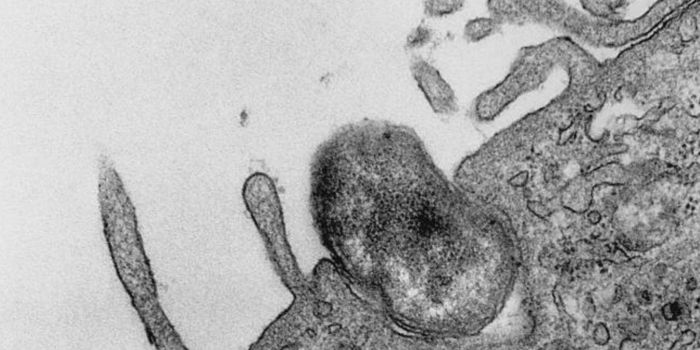Promising Drug Target Identified for Deadly Ovarian Cancer
Scientists at the University of Alabama at Birmingham have identified a gene called DOT1L for its role in progressing the severity of ovarian cancer. They also found that inhibiting DOT1L enzymes may offer a new therapeutic approach to the disease. The results were published in Oncogenesis.
Ovarian cancer is one of the most deadly forms of cancer. The five-year survival rate for patients with advanced forms of the disease is between 10 and 30%. While the condition can occur at any age, it is most common among women aged 50 to 60 years old.
Earlier research has shown that a gene known as DOT1L is overexpressed in many cancer types. In the present research, scientists sought to see whether the gene has a role in ovarian cancer too, and whether it could be used as a drug target.
To do so, they examined publically available datasets from patients with ovarian cancer. They found that levels of DOT1L mRNA were significantly higher in patient-derived samples of ovarian cancer than in control tissues.
They also found that patients with ovarian tumors and high DOT1L expression had shorter progression-free survival (PFS) and overall survival (OS) than patients with low DOT1L expression.
While patients with low DOT1L expression had a median PFS of 19 months and a median OS of 45.73 months, those with high DOT1L expression had an average PFS of 13.1 months and an OS of 39.87 months.
Clinical trials have found that EPZ-5676, a DOT1L inhibitor, is effective in treating MLL-rearranged leukemia. The researchers thus conducted experiments to see how the drug interacted with ovarian cancer cells.
They found that it was able to block ovarian cancer tumor growth both in cellular models and in a mouse xenograft model.
Upon examination of their cell models, the researchers found that DOT1L inhibition reduced levels of essential biosynthetic metabolites in ovarian cancer cells. It also increased apoptotic cell death for ovarian cancer cells by upregulating genes involved in programmed cell death. In some cell line tested, DOT1L inhibitor additionally upregulated the expression of ligands for natural killer cells.
"Our results suggest that DOT1L might be a pharmacologically tractable drug target for ovarian cancer therapy," said Romi Gupta, lead author of the study. "It will also be useful in combination with other immunotherapeutic agents to further enhance their effectiveness in treating ovarian cancer."
Sources: Oncogenesis, Mayo Clinic, Science Daily









